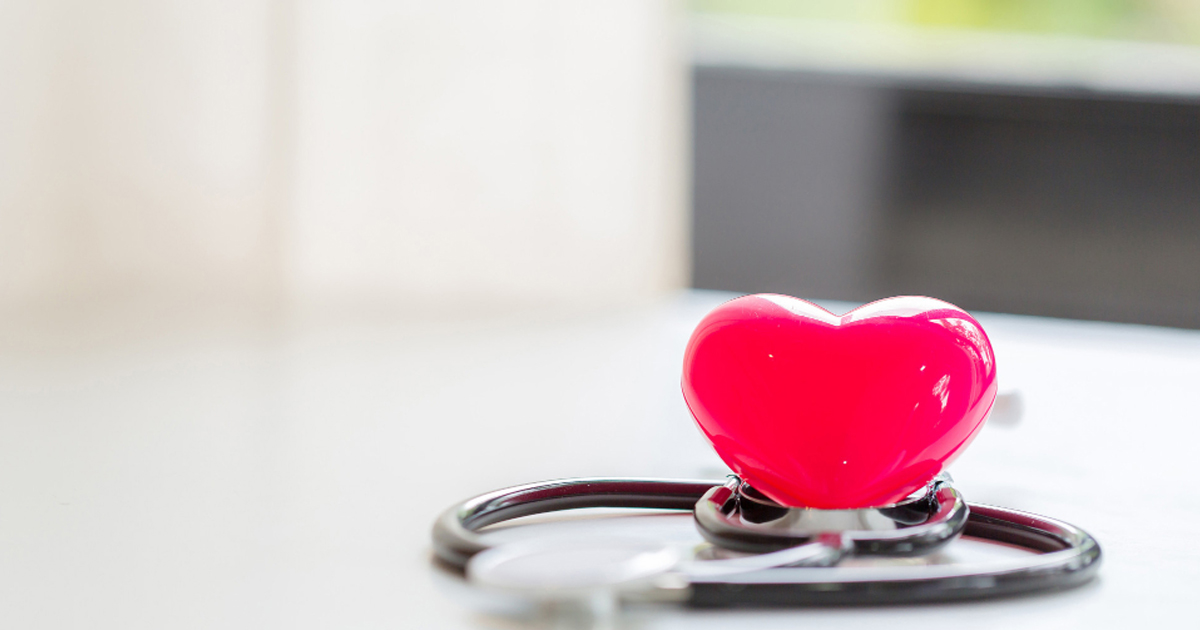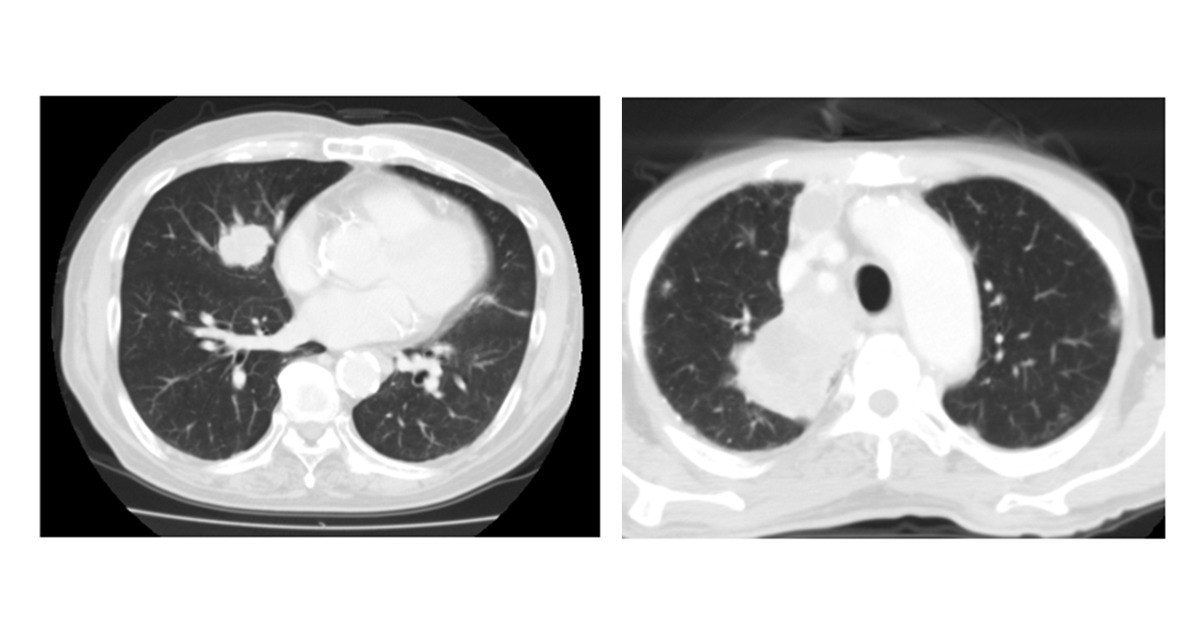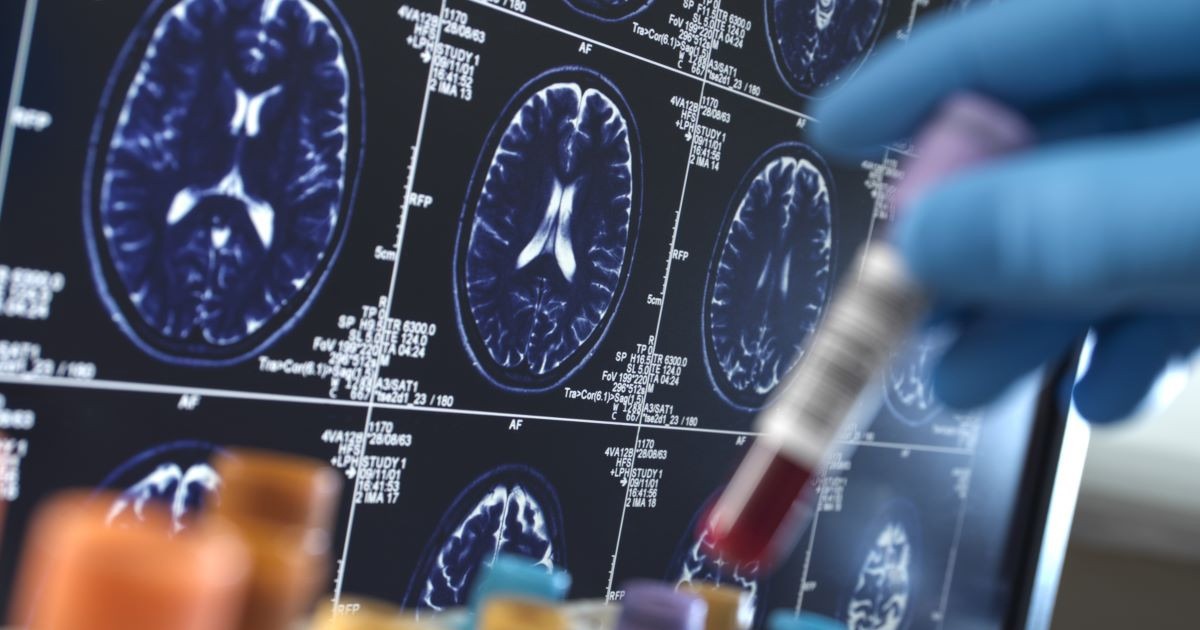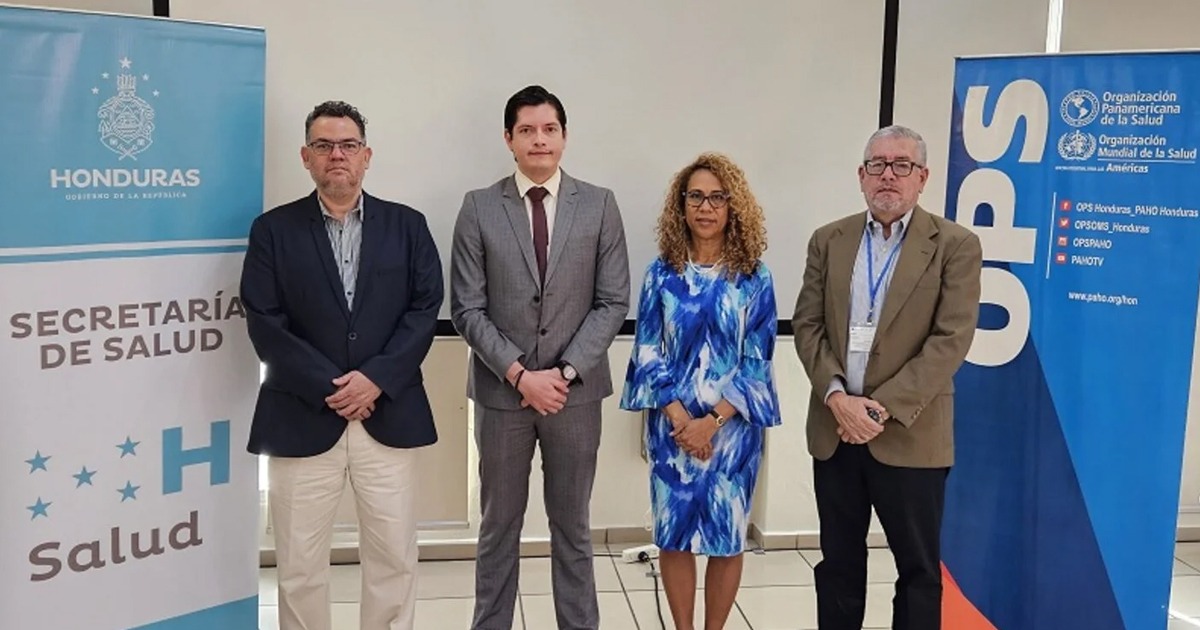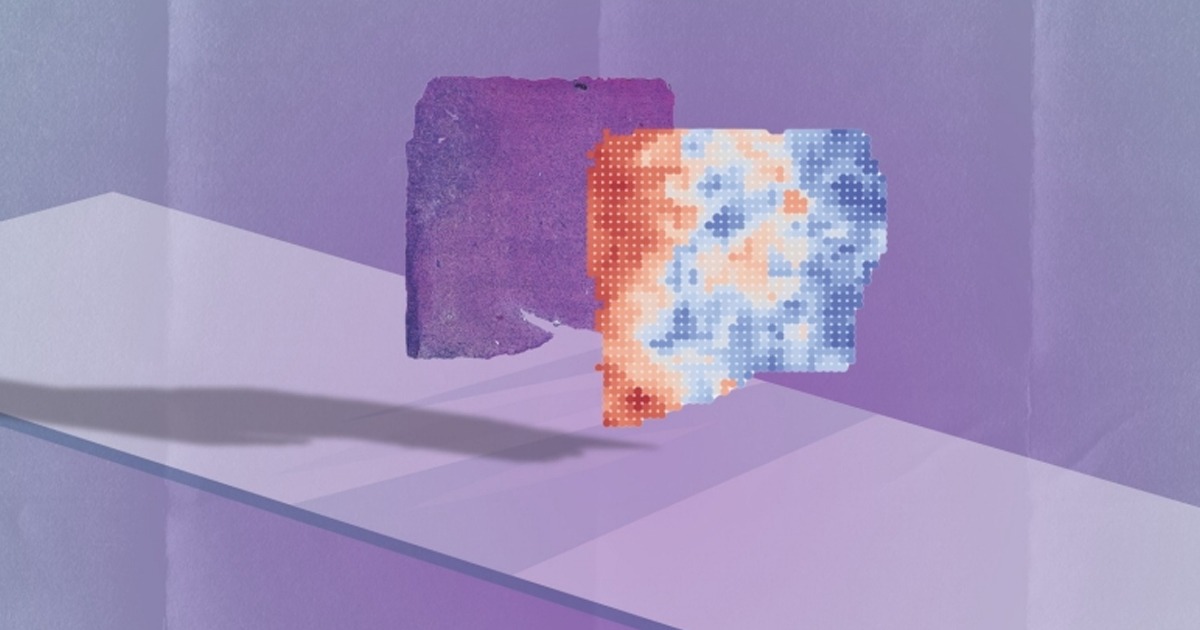The Pan American Health Organization recognized that remote consultation mechanisms were key to the response against COVID-19 in Uruguay. More than ten years ago, the Agency for Electronic Government and the Information and Knowledge Society was created to promote different Digital Health solutions in the Uruguayan health system.
According to the Pan American Health Organization (PAHO), of the first 1,500 cases of COVID-19 in Uruguay, 86% received care at home either remotely, with teleconsultations or with services to their homes. Uruguay has a well-structured home health service, which, when combined with telemedicine, has made it possible to attend patients quickly from their homes.
Part of these strategies is the result of the creation of the Agency for Electronic Government and the Information and Knowledge Society (Agesic) in 2006. The agency's objective is to "seek to improve citizen services, using the possibilities offered by information and communications technologies (ICT). It will also promote the development of the Information Society in Uruguay with emphasis on the inclusion of the digital practice of its inhabitants and the strengthening of society's skills in the use of technologies".
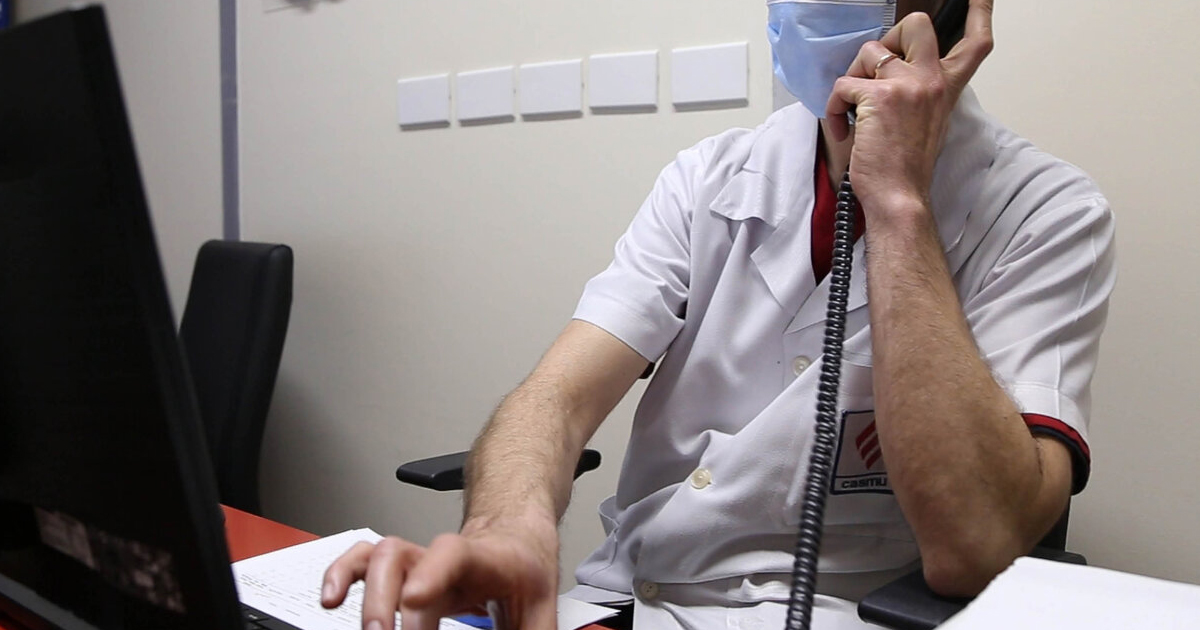
Agesic, together with the Ministry of Public Health and Salud.uy, have promoted initiatives such as the electronic health record and an Integrated National Health System based on interoperability between institutions.
Wilson Benia, PAHO specialist in Health Systems and Services, explained that the digitally literate population has been part of the good results in the adoption of telemedicine during the pandemic.
However, the professionals recognize that at the beginning there was resistance on the part of the population, "at first there was some resistance, people were very disoriented, sometimes frightened and it seemed that it was not going to be possible, but later we saw that there were a lot of things that could be resolved by telephone", explained Magdalena Ponce, a family physician at the Assistance Center of the Uruguayan Medical Union (CASMU) to PAHO.
Briggitte Balum, Telemedicine coordinator at CASMU, recalled that, in April 2020, they collaborated together with the British Hospital in Montevideo to monitor the crew of an Australian cruise ship with a COVID-19 outbreak sailing near Uruguay. "It was very emotional for us and a huge satisfaction to have been able to help them. From a telemedicine point of view there was daily monitoring here. We had two emergency doctors who were always very attentive and there were 21 days of telemedicine with daily support," he explained.
PAHO has developed networks in several countries of the Americas to support the use of technology in medical care. Benia explains that telemedicine strategies must continue to be developed and improved in Uruguay, since through remote care it is possible to solve problems of saturation at the primary level of care.
